
Mentoring Lessons from Plants (Pub. Philos. J.)
Everybody mentors, but usually without much training in how to be an effective mentor. I recommend that you have a look at Beronda Montgomery’s short article, “From Deficits to Possibilities: Mentoring Lessons from Plants on Cultivating Individual Growth through Environmental Assessment and Optimization.”…
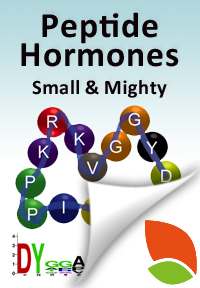
New Teaching Tool, "Small and mighty, peptide hormones in plant biology"
We're excited to annouce the publication of The Plant Cell's latest Teaching Tool, "Small and mighty: Peptide hormones in plant biology," by Sonali Roy, Peter Lundquist, Michael Udvardi, and Wolf-Rüdiger Scheible, available without subscription at Plantae.org.
A phytohormone (plant hormone) is defined…
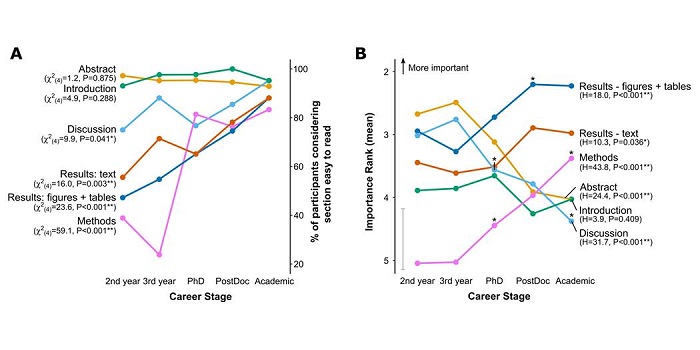
Plants4Kids: By Anna N. Stepanova, North Carolina State University
Young children are curious by nature and their inquisitive minds are like sponges that take in everything that is happening around them. As a parent, a scientist, and an educator, I feel that my role is to teach children the basic rules of life in a fun and accessible way, while nurturing kids’…

Scientists on Twitter: Preaching to the choir or singing from the rooftops?
Science communication is as old as science itself, reaching even best-selling levels with some extraordinary examples such as “On the Origin of Species” by Charles Darwin or “A Brief History of Time: From the Big Bang to Black Holes” by Stephen Hawking. Currently, and thanks to social media,…
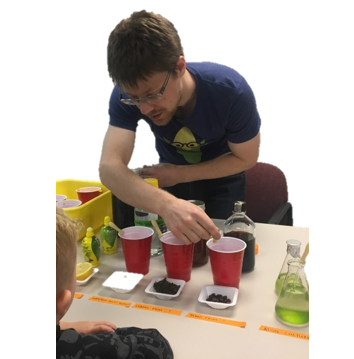
Exploring plant chemistry with a red cabbage pH indicator: Rainbows of color via plant chemistry
A hands-on activity posted by Lucas Busta @PlantsRChemists
In this activity, participants will work with test tubes of red cabbage juice to determine the pH of various other (plant-based) liquids and solutions. It's a fun activity for all ages - even if participants are too young to understand acid/base…
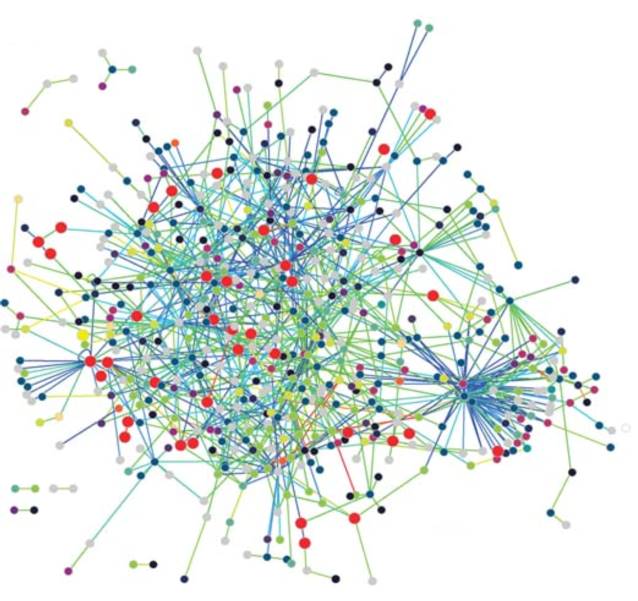
Bioinformatics core competencies for undergraduate life sciences education (PLOS One)
Undergraduate life science curricula need to incorporate training in bioinformatics. Wilson Sayres et al. surveyed 1260 faculty from across the US to identify their thoughts on what such training should involve. Not surprisingly, 95% of those surveyed agreed with the statement “I think bioinformatics…

Veg-A-Sketch
0 Comments
/
Painting Plants with Light
I would like you to take a moment and reflect back on your memories of plant science in elementary school…
For many of us, not much will come to mind. Science curriculums often do not elaborate on plant science beyond photosynthesis. However, photosynthesis is certainly…
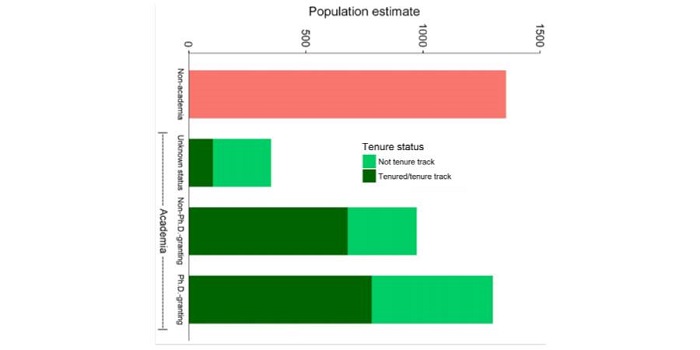
Where do all the ecologists go? An investigation of US Doctorate recipients (Ecosphere)
Ecosphere. Hampton and Labou investigated the employment figures for recent recipients of PhDs (degree awarded between 2000 and 2011) in ecology from US-based institutions. They found that less than 20% of the PhD recipients are in tenure-track positions at research-focused, PhD-granting universities.…

Perception and reading strategies of scientific papers depends on academic career stage
PLOS One. Katharine Hubbard (@KEHplantsci) and Sonja Dunbar (@PlantSciSonja) are enthusiastic proponents of student-centered teaching, including guiding undergraduate students through the reading of scientific papers. In this new work they’ve evaluated how undergraduate students compare to graduate…

